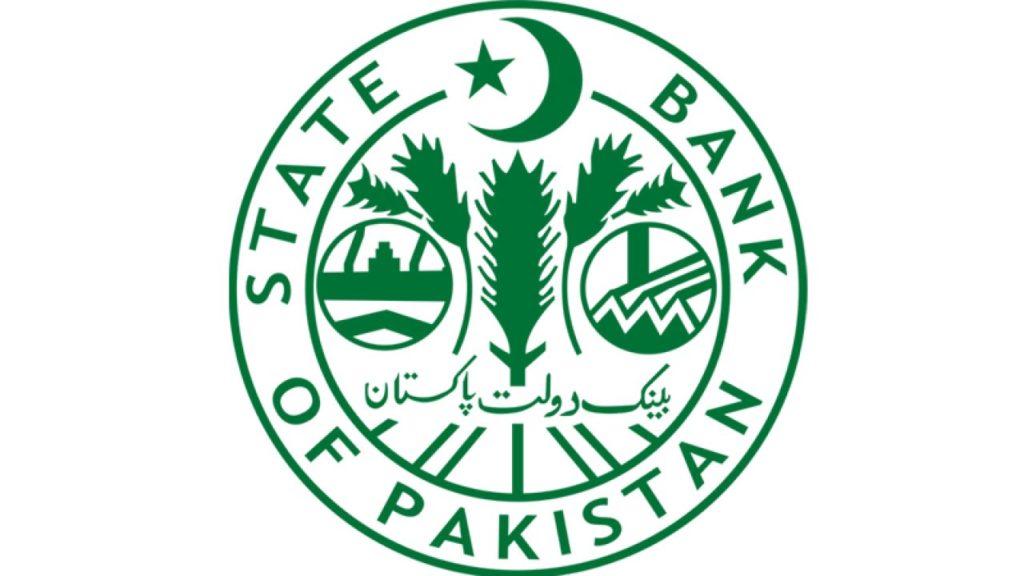More than seventy years into independence Pakistan continues to be bedeviled by major socio-economic challenges, to its credit many have been overcome but not all problems have been resolved. The major threat of terrorism was effectively dealt with by the Pakistan Army and other law enforcement agencies (LEAs) at a huge cost in men and material however some of the key problems remaining include economic instability, water scarcity, lack of sustainable development projects, increasing unemployed youth population, the lack of focus on human development projects, a continuous reduction in foreign exchange reserves, the increase in non-developmental expenditures, increase in public debt, the unequal distribution of wealth and the failure to effectively implement the local bodies system, which is considered the basis for democracy, etc. This has all been dwarfed by the Coronavirus threat and the impending economic disaster worldwide that is bound to affect us as countries go into lockdown effecting their economic adversely.
Pakistan’s woes have been aggravated by a handful very powerful and influential families that have been dominating the political scene since this nation has come into being common in all these families that was that they are wealthy, having rural landowners’ background or have some tribal connections. These feudals have been joined over by industrialists who have become the new feudals, further strengthening our feudal society. The military rulers who took over from time to time were not averse to creating a political legacy of their own.
Client-patron politics, clientelism, patronage and clientage all convey the same meaning having been introduced by anthropologists, sociologists and political scientists. Clientelism has been defined in a variety of ways by scholars i.e. “the relationship between inferior and superior in terms of material resources” or “the relationship of give and take between the patron and the client” or “the relationship between the politician and the voter based on mutual interest.” In the field of political science, clientelism can also be defined as, “how political party leaders seek to turn public institutions and public resources to their own ends, and how favours of various kinds are exchanged for votes”.
In such a background it should not be surprising that the client-patron relationship and cronyism remain very much alive in Pakistan at almost all levels of governance. If one looks at any of our govt sectors or departments today, be it the bureaucracy, the political field or even at times the armed forces, one can easily discern the patronage or client-patron relationship being exercised and quite blatantly at that. It is lamentable that except for the British period in the sub-continent the client-patron relationship and rent seeking culture remained rooted in the social and politico-administrative fabric of our polity. Even the British used this by appointing “royal blood” according to their own dispensation to rule over parts of the country. After our post-independence period this resumed itself as the normal way of life. Apart from honourable exceptions, the bureaucracy immersed itself into this client-patron culture and never made even the slightest attempt to re-model itself as an efficient service delivery entity.
The leader of a country might be an extremely honourable and honest individual with sincere intentions and not an iota of corruption besmirching his good name. Without doubt that describes Imran Khan. However when he does not appoint people based on merit, the perception of his being motivated by ulterior motives prevails, either for the sake of returning a favour or to personally benefit in some other manner. Moreover he may appoint people on merit what are the agendas about those he appoints? Increasingly, they resort to the same cronyism pure and simple. The end result of such a move is negative, particularly for the leader himself and for the country. The team of politicians that rules the roost today, consists of some very honest, very dedicated and very competent individuals. Most of their appointees are also so, but almost without exception when these appointees make new appointments lower down the ladder, they have no hesitation in resorting to cronyism, favoritism and patronage.

This is true of almost everyone heading our many institutions, be it in finance, commerce, industry, housing, health, energy etc. Parameters of probity are totally ignored, and those who could not even pass the CIB test mandated by the State Bank of Pakistan (SBP) easily make it to the Boards of Corporation and other entities. Those truly deserving are sidelined and instead jobs are awarded to friends, relatives, cronies or those with tribal associations. The real disappointment is in ignoring merit and making an lame excuses for it. Because such people are appointed on cronyism in order to protect them, they resort to underhand and fraudulent means to stay in power. Looking at this in any way, this is pure corruption and those who appointed them are also corrupt whether they financially benefit from it or not. Those who are corrupt do it to gain from corruption, those who are not corrupt do it due to nepotism and thus spoil the entire system. In one case two people whom I greatly recommended for their honesty and competence have blatantly and flagrantly ignored national security because of a misplaced sense of friendship.
In theory, appointments to some higher posts in autonomous bodies have to be in accordance with laid-down procedures and laws under which they are founded but the very concept of autonomous public institutions has been consistently abused in Pakistan. The idea behind creating these bodies was to allow experts in selected fields promote development in freedom from bureaucratic red tape. However, more often than not successive governments turned these bodies into agencies for providing their favorites with cushy jobs and exorbitant salaries, the end aim being reaping political dividends. It is not surprising that in many cases, those heading autonomous bodies were found to be less interested in their assignment than in their own development even going to the extent of changing their organisations into personal empires. Thus, cronies are chosen to head regulatory bodies and to doubly ensure their loyalties they have been subservient to the very ministries that are supposed to regulate.
It is unfortunate that most of the initiatives taken to combat the many forms of corruption have failed because overall our governance structures are weak. One reason for this is that corruption infests the governance system with deep-rooted, structural problems, the problems force-multiplied by favouritism and nepotism. For example, decision-making power lies solely with top leadership, resulting in delayed and reactive action with respect to implementation of plans, pervasive patron-client networks, low salaries coupled with use of rules as tools for victimizing individuals going against the status quo. Simply put, patron client relationships and crony capitalist practices are more likely to flourish in institutional environments where the prospects for longevity of tenure are high and where the risks of detection, apprehension and prosecution are low if one engages in illegal or otherwise compromising forms of political exchange. Cronyism exists in all polities because the potential gains from exchange relationships of this sort are so high, but it is much more common in developing and transitional countries because the institutional environment is so much more permissive. One way to combat the menace of client-patron relationship would be to strengthen the system, eliminate discretionary powers, end ad-hocism that has become so popular in Pakistan, create intra-department checks and balances, and raise accountability mechanisms that are truly independent. In the present context of external crisis attacking our already weakened economic defenses due to enhanced nepotism and cronyism, a national emergency must be enforced to deal with the deteriorating situation, better early than late!




